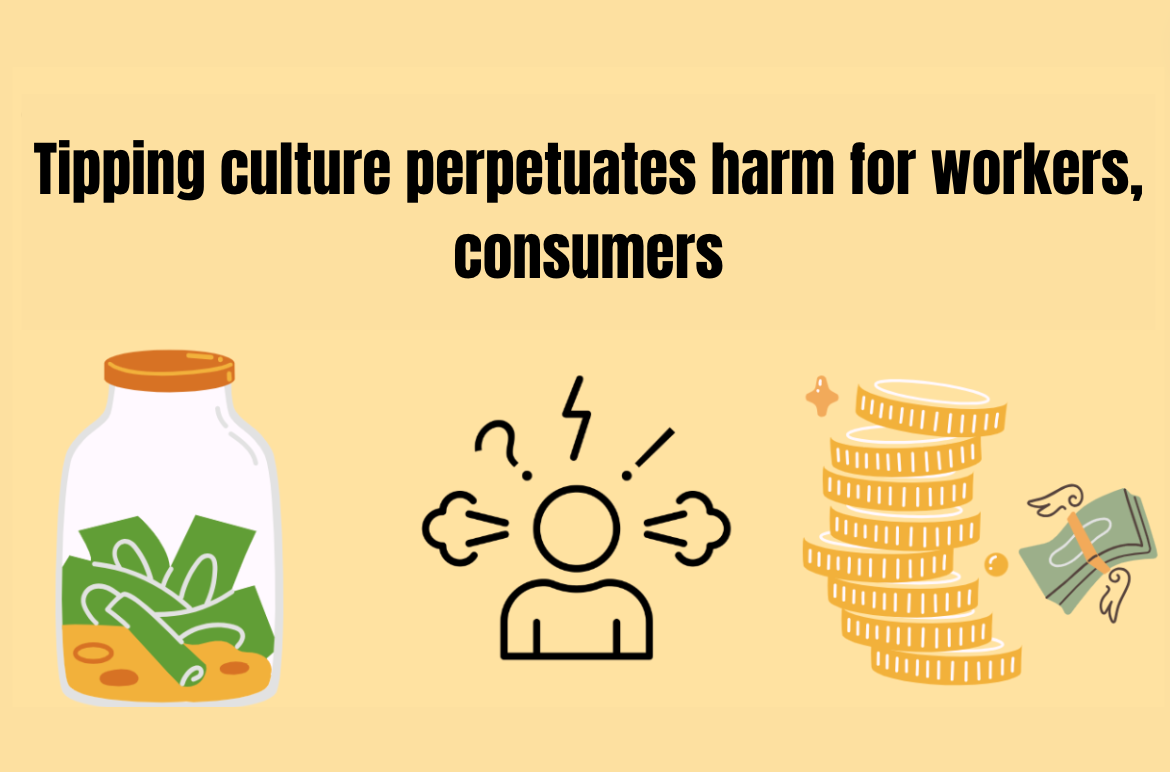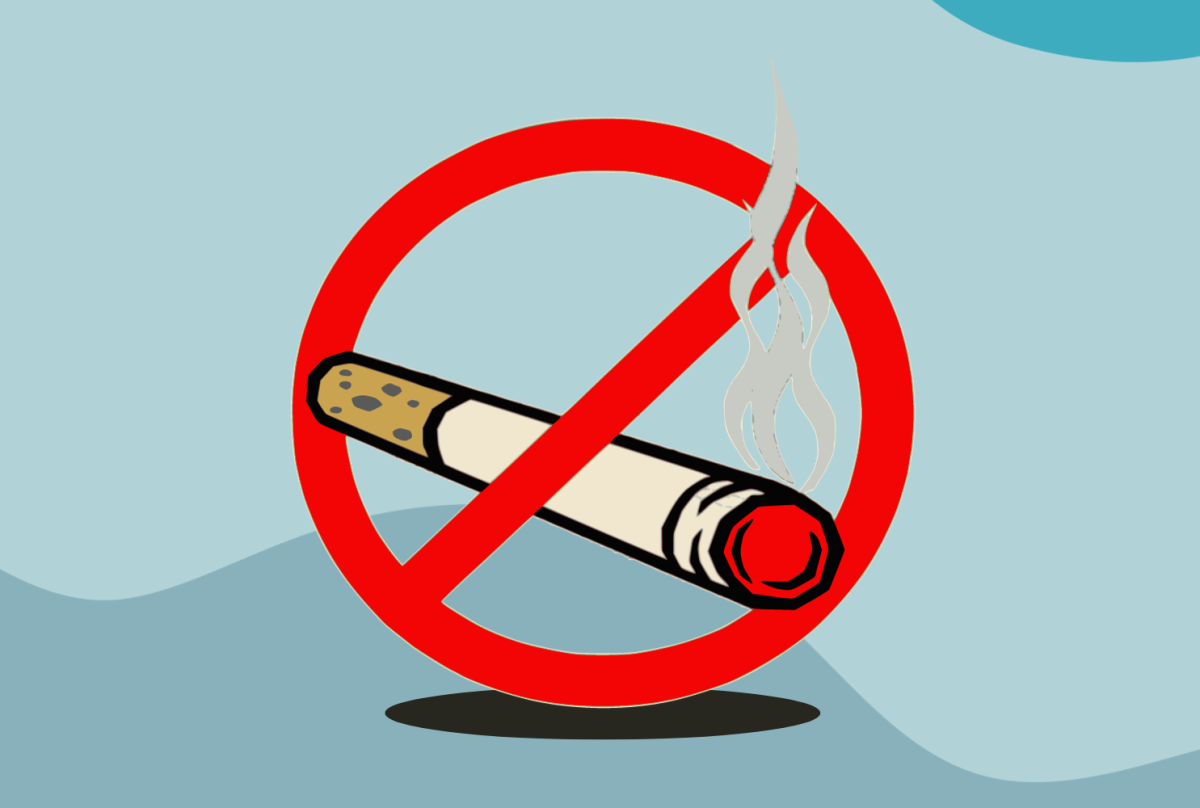When we start paying attention to details, and formulating opinions, and testing them out, we, as individuals or groups, learn. When we learn we attain a further level of understanding which enables us in infinite ways; we learn to progress.
Historians and students alike will agree that one of the ages that mark human intellectualism is the Renaissance, an era that coincided not mistakenly with the Age of Discovery. We looked around us and started asking questions: What is the quickest way to Asia? How do I place a large golden sphere atop a 100 meter dome? Why do rivers and oceans bear a strong semblance to veins and the heart?
Eventually, we got the answers – though not always to the questions we posed, Christopher Columbus could say in hindsight. But the collection of wisdom we accrued over a couple of decades was marked by the rebirth of an ideal so central to learning and so central to knowledge that, when without it, Europeans spent centuries walking down the same paths the Romans had carved us – quite literally, Roman roads were used in Britain for centuries after the empire lost the island. That fundamental ideal was the symbiotics of learning.
A spider provides protection for a tree with its ensnaring web while the tree provides food to the spider by attracting bugs into that web.
This example of symbiosis in nature seems rather abstract to apply to the practice of learning, but in fact, it is the clear epitome of the mindset that enabled polymaths to be polymaths and geniuses to be geniuses. You are neither the spider, nor the tree: You, and I, we are the entire biological system, the biome.
Diversity and variety lend themselves to complexity but moreover to ability; a jungle with multiple species will be able to cultivate life much more expediently than a desert will, and a student with multiple skills will be able to entertain problems more numerous and harder than another with limited skill. The spider, you can say, is your experience with biology, the tree, on the other hand, is your skill at drawing portraits – both reach an otherwise unattainable degree of excellence when you are adept at either.
Leonardo da Vinci, the name often cited for artistic prowess and pictorial genius, studied the engineering and workings of nature and anatomy long before painting Mona Lisa; he knew that nothing is ever complete, and much less so when isolated: “Every part is disposed to unite with the whole, that it may thereby escape from its own incompleteness.”
Albert Einstein, an author of modern physics and all things nuclear, found in physics and math his second passion. Years before, when he was 13 to be exact, he found a love profound enough to last him a lifetime: It was the violin. Einstein never entertained the thought of a professional musical career, but he understood that relegating a passion to the status of hobby was a disservice to himself and his capabilities. The relationship music played to his science was so intrinsic that it rooted itself at the origin of all of his thoughts: “I often think in music. I live my daydreams in music. I see my life in terms of music,” he said.
That, though, is not to say, abandon physics and start painting, or ignore calculus and start singing. That is to say, continue physics but try painting, keep to calculus but attempt singing.
When I moved to England eight years ago, I knew the words pig, apple and sunshine. It was hard to communicate, apart from those six days of the year where it didn’t rain. But instead of learning the bare minimum with which a French-Moroccan immigrant can be excused, I started reading and I started writing.
Not only did I find in literature something that molded my everyday thoughts, but in practicing writing – both creative and journalistic, that is – I created the perspective with which I approach everything from a five-paragraph essay to a conversation with a stranger.
Prowess in literary analysis and writing lent itself to my abilities to understand and to communicate; another relationship was established in the biome that I am, so to say.
The educational experience is as rich as the breadth we allow it to expand to. It’s like dropping ink into a glass of water: You want to make sure the glass is as full as it can be. Try new things, join other clubs, play more sports, partake in everything your time allows you and you’ll see the pleasure of an excited brain – the pre-overdose Bradley Cooper in Limitless is really an attainable level, you just have to find the right stimuli.
We are as rational as we are abstract, and tinkering all along that spectrum is what allows us to be creative and to be exact.
It is abominable to think that experiences – academic, social, emotional, or physical – are one-dimensional; it is ignorant and an intellectual crime tantamount to burning a book, for the reason that by confining learning to one compartment of your life, you are depriving the rest of yourself from benefiting from it.
Some of us have four years of high school left, some of us have a handful of months left, but it is never too late to start something. And however trivial you think it might be, however ephemeral the experience you think it will be, it never is: Pay attention and every little scrap of your time will become a wealth of knowledge.
I have no background in neurodynamics or psychology, neither do I command the authority to talk professionally about education, all I have is the humble experience of an observant student of 13 years. What I can advise from that is to try anything, abandon some things, but remember everything; try things, explore things, and you will see in all things growth. You will see, as Da Vinci said, that “experience never errs.”
gabriel_ruimy@asl.org







